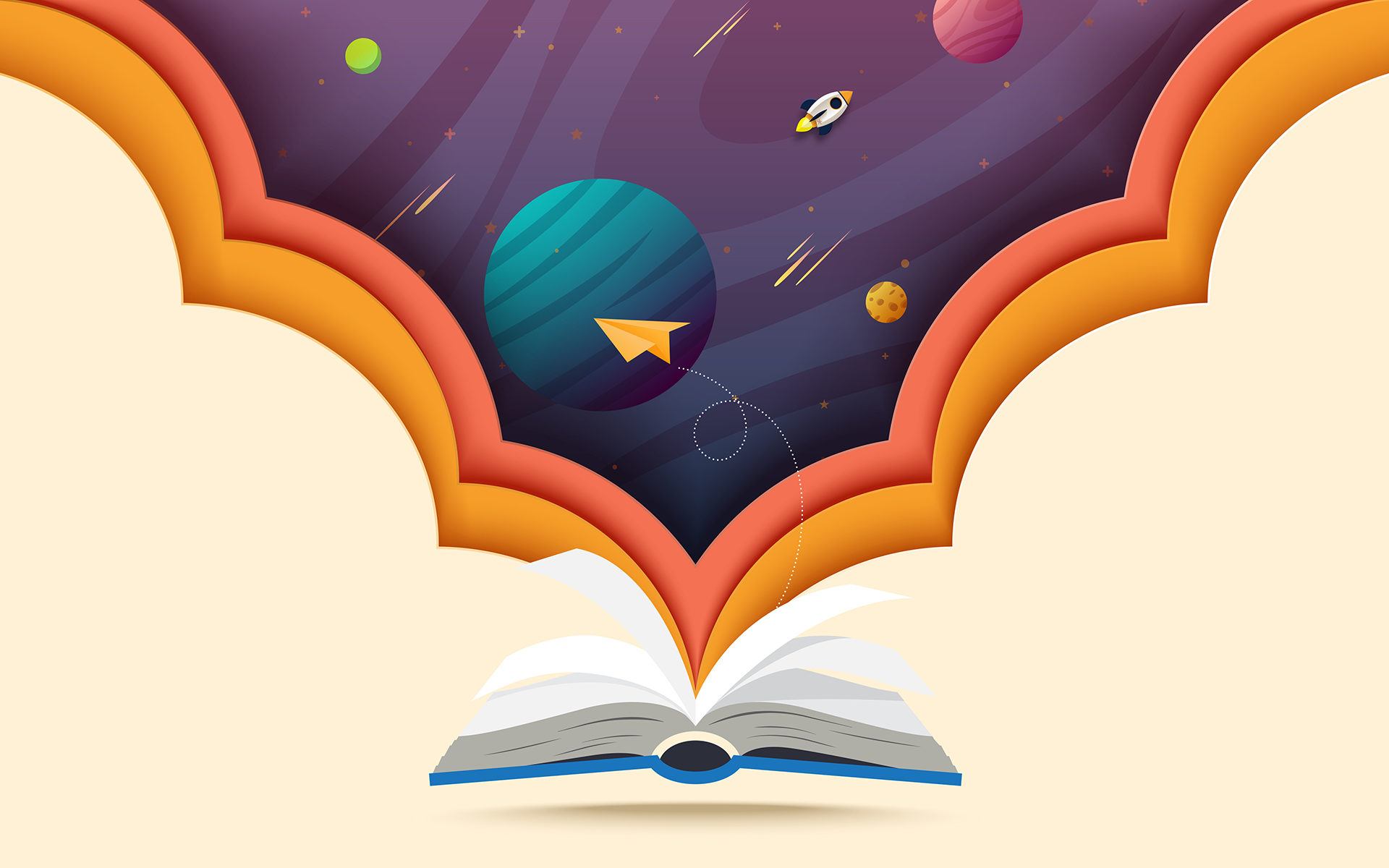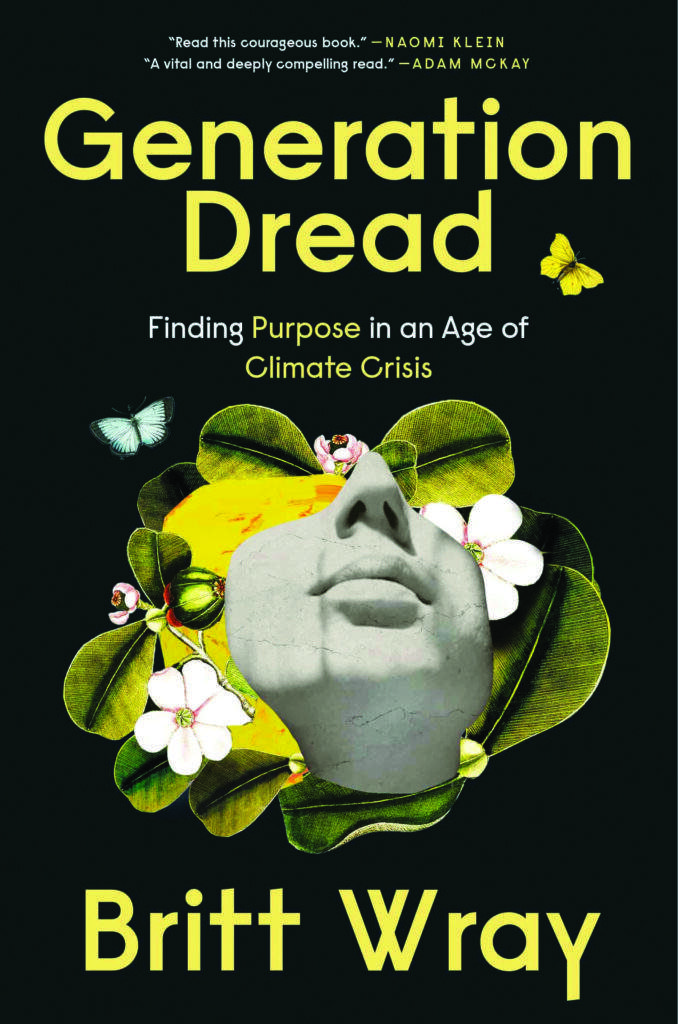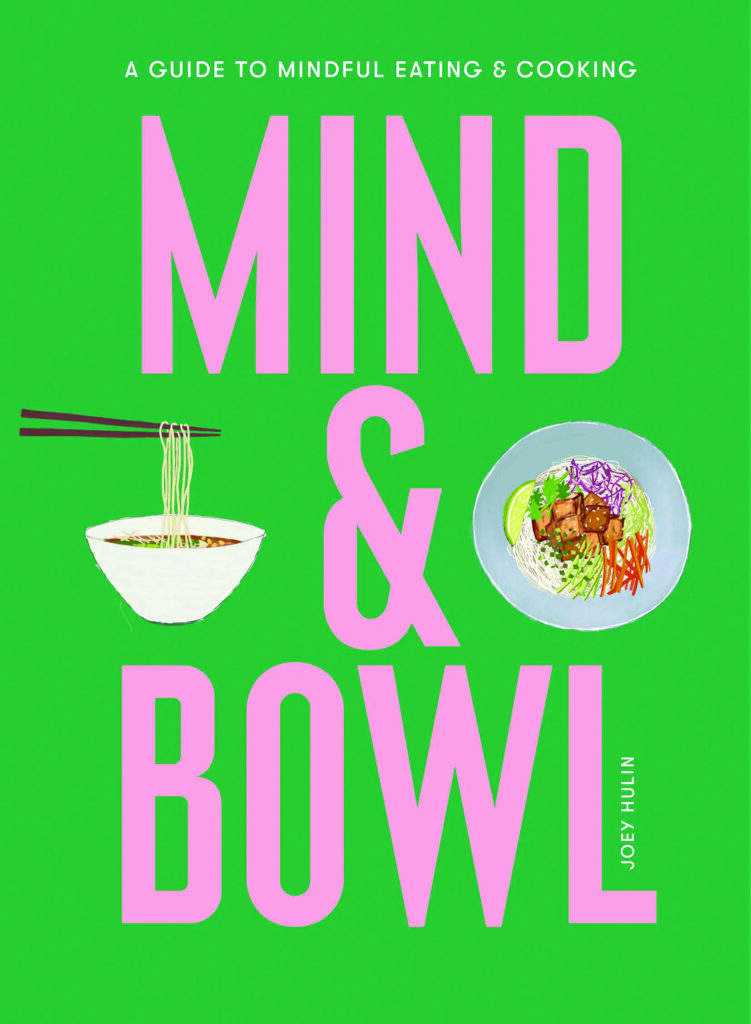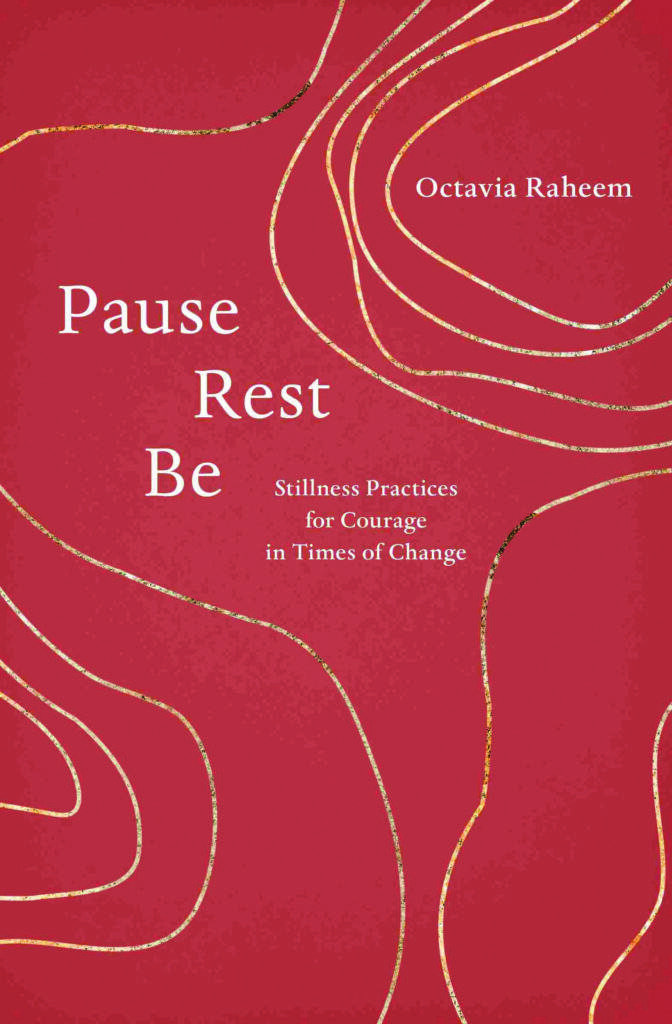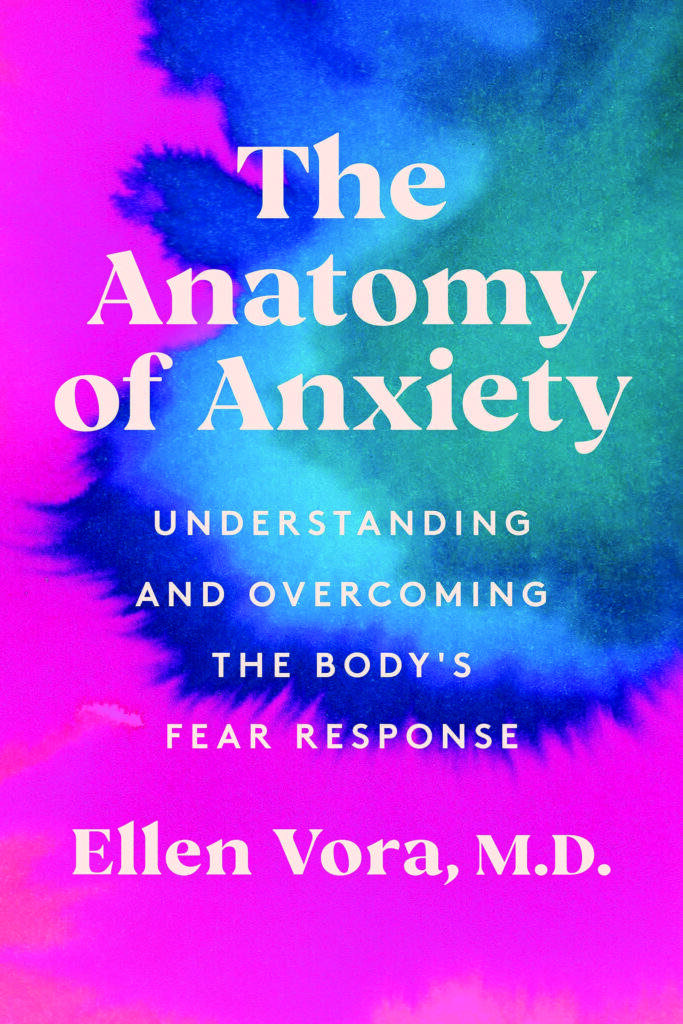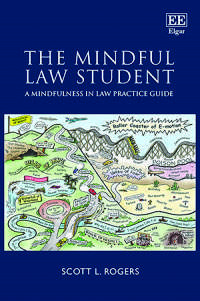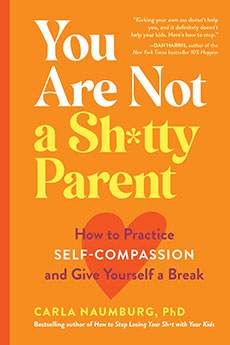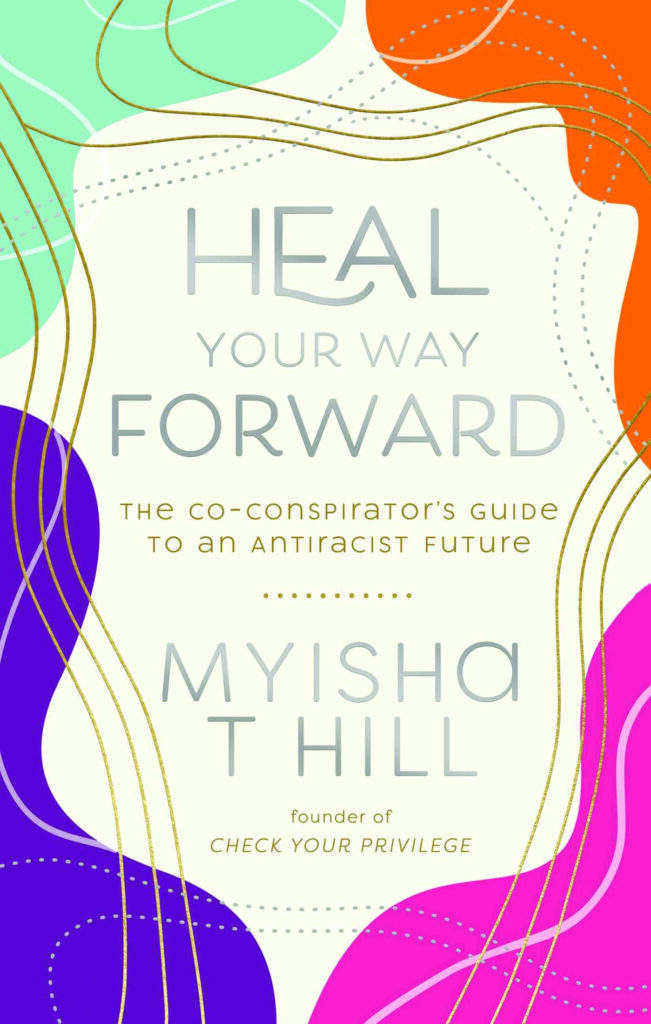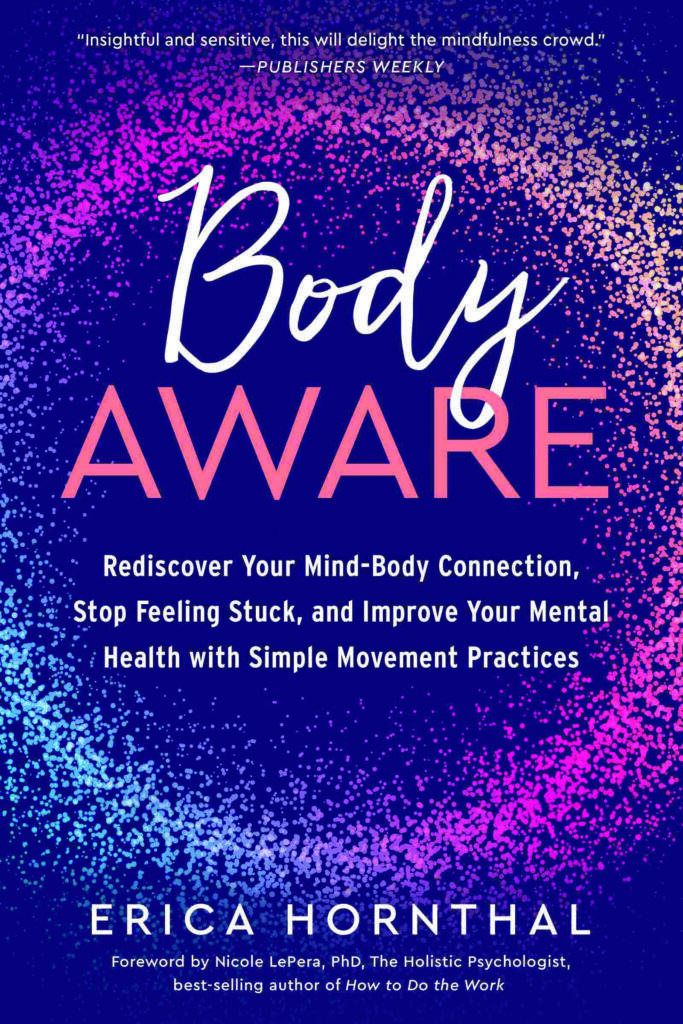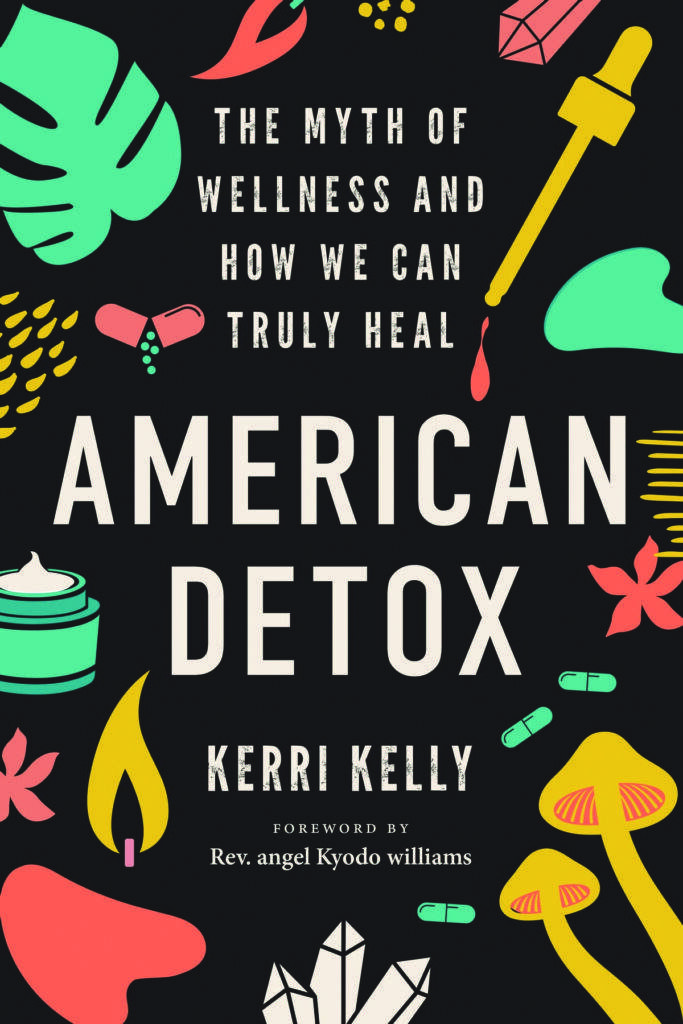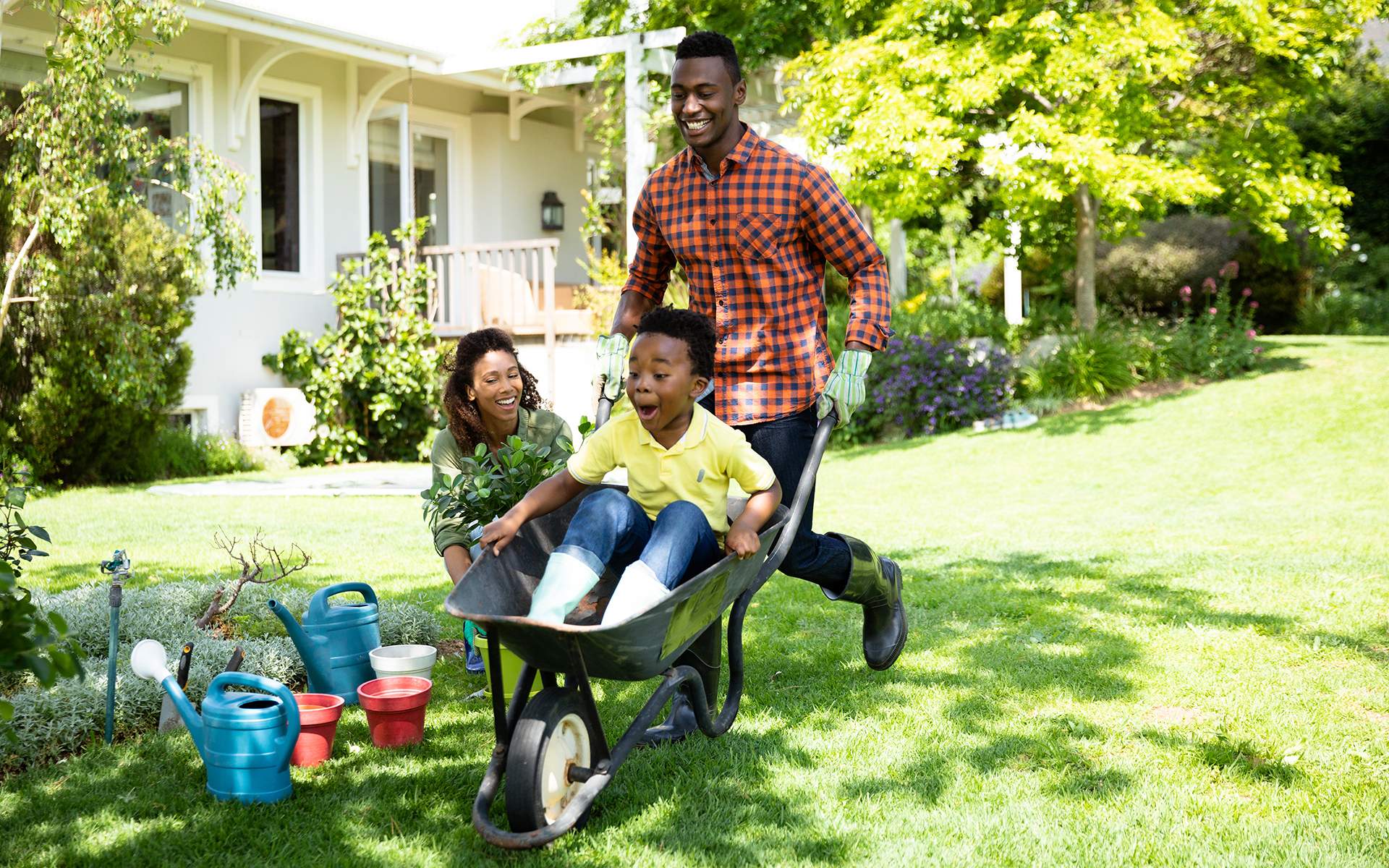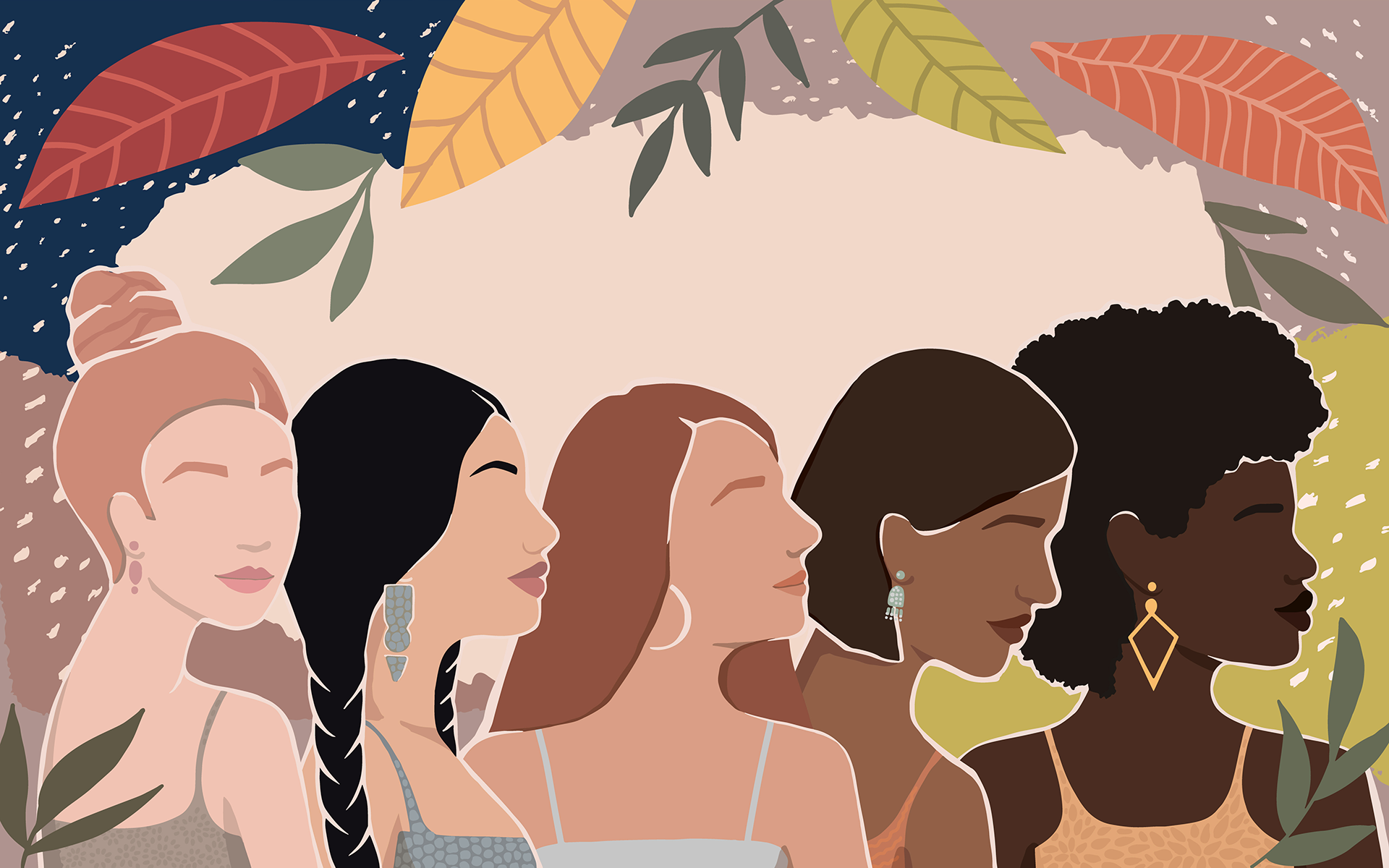1. Generation Dread
Finding Purpose in an Age of Climate Crisis
Britt Wray • Alfred A. Knopf Canada
Feel it all. Connect inward to transform oneself. Connect outward to transform the world. These are Britt Wray’s reminders (and the aptly titled sections of her book) as we “shore ourselves up against what’s to come” in facing the climate crisis. At a glance, these calls to action may make mitigating eco-anxiety and effecting change seem like individual pursuits, akin to recycling our way out of planetary disaster. But Wray, a writer and broadcaster who holds a PhD in science communication, explores how tending to each of these calls to (inner) action is indeed connected to collective action.
Wray’s voice is refreshing and rooted in the realities of the world we live in. Naming a fear many of us struggle with, that “the world is ending,” she describes living in a wildfire zone as part of her way into the terrifying yet hopeful awareness that “life is by nature impermanent and in a constant state of flux…we are not in full control.” Accepting this doesn’t mean that we should despair, but that our decision-making can be guided by a clearer perspective.
This doesn’t mean that we should despair, but that our decision-making can be guided by a clearer perspective.
A few key takeaways from the very first chapter: Climate anxiety is especially visible where racial and class privilege intersect. Colonialism is inextricably linked to the climate crisis. But Wray is clear: “This book is not a manual for how to take effective climate and environmental action.” Instead, it’s an ode to change-makers who are driven by emotion. It’s a nod to the truth that “lasting change is propelled by inner clarity, meaning, and purpose.” Most of all, it’s an exercise in balancing hope, fear, and grief to support us in finding a way forward. – KR
2. Mind & Bowl
A Guide to Mindful Eating & Cooking
Joey Hulin • Laurence King Publishing
Mind & Bowl was first written as a pocket guide for guests who practiced with Joey Hulin on retreat. Now expanded into a more comprehensive guide with a handbook feel, readers get an easy-to-follow roadmap for creating their own mindful eating practice. Each chapter addresses questions beginners may have about mindful eating and suggestions for taking a closer look at our relationship with food and our role in mass consumption. Hulin’s tips and practices are immediately applicable to daily life with lots of room to tailor anything to each of our experiences or needs. As an added bonus, the last chapter is dedicated to plant-based, one-bowl recipes to cook, share, and savor. – KR
3. Pause, Rest, Be
Stillness Practices for Courage in Times of Change
Octavia Raheem • Shambhala
“Now is no ordinary moment in time,” writes Octavia Raheem in her book’s introduction. “Now is a place of startling individual and collective endings. Now is the space before something else becomes.” Through the lens of three restorative yoga postures, she offers poetic and compassionately grounded reflections on endings (Corpse Pose), the space in-between (Side-Lying Pose), and new beginnings (Child’s Pose). Raheem encourages us to slow down and be present with the emotions and stress that arise during times of transition and transformation. Detailed instructions and photos guide us into each pose, and her personal stories and prompts invite us to root deeply into our own insight and courage within the storminess of change. – AT
4. The Anatomy of Anxiety
Understanding and Overcoming the Body’s Fear Response
Ellen Vora, MD • Harper Wave
In The Anatomy of Anxiety, Ellen Vora does not promise the most effective life hacks for more peace and calm. She invites the reader in, offers an honest and uncomplicated account of the ever-changing and incomplete knowledge we have about anxiety, and then asks the reader to trust themselves and go deeper. “Whether it’s the consequence of our habits or a missive from our inner psyche, anxiety is not the final diagnosis, but rather the beginning of our inquiry,” she writes.
This book offers a reframing of anxiety not as something that is wrong with those who suffer from it, but as our body’s “check engine” light that often points to another cause—like inflammation due to diet, a thyroid condition, unhealthy habits, or a strong sense of justice struggling to cope in an unjust world. “In other words,” Vora writes, “physical health is mental health.” That doesn’t mean that lessening our anxiety is always going to be a simple matter of cutting a certain kind of food from our diet, though. In fact, it will be much more complicated for most, she says, but listening to the body is the foundation for deeper healing.
Listening to the body is the foundation for deeper healing.
Each chapter of the book explains a different type of anxiety, how this kind of anxiety has been perceived by academics and societies throughout the centuries, the current science, and possible avenues to discover and treat the root cause. Vora is a holistic psychiatrist with a broad background of training in conventional medicine and psychotherapy, yoga, hypnosis, acupuncture, and more. “I consider the whole view of my patients’ lives—from what they eat; to how they sleep; to the quality of their relationships; to where they find meaning, purpose, and refuge in life.” As anxiety can show up in unique ways for each person, she offers readers a smorgasbord of information and options that reflect her eclectic background. If we can sit with the discomfort, listen deeply, and stay present, we may be able to take our anxiety as a nudge toward re-alignment. – AWC
5. The Book of Boundaries
Melissa Urban • The Dial Press, Penguin Canada
That subtitle makes a heck of a promise, but for people-pleasers who struggle with the idea that “No, thank you,” can be a complete sentence, The Book of Boundaries, by Whole 30 cofounder Melissa Urban delivers a compassionate, practical, relatable roadmap to finding, articulating, and holding boundaries. Urban has become known for this work on social media, where she regularly offers mini-scripts for expressing boundaries (from I’m not drinking right now to Please don’t talk to me about my body or my food consumption to I won’t be letting inappropriate jokes in the workplace slide anymore), and here she expands on that work. There’s some introductory talk about her own journey to boundary setting, which began as she struggled with drug addiction, and a chapter on what boundaries are, how to notice when you might need to set one, and the feelings that might arise when you consider holding your boundaries. Most helpfully, Urban organizes her framework into relationships—with parents, bosses, coworkers, spouses, friends, ourselves. Within those relationships she offers clear language for communicating about all manner of situations where we may need to hold space for ourselves—from unsolicited health or parenting advice to the expectation that we’ll check our work email while on vacation.
For many of us for whom boundary-setting is not intuitive, a script makes it possible to actually start to do the work.
Urban’s writing is deeply hospitable—she writes with confidence, humor, and enough self-deprecation to keep it real. She understands that for many of us for whom boundary-setting is not intuitive, a script makes it possible to actually start to do the work. While this book may not change your life (Urban is confident to a fault, perhaps!), it can certainly help you change your approach. And who knows where that might lead you? — SD
6. The Mindful Law Student
A Mindfulness in Law Practice Guide
Scott L. Rogers • Edward Elgar Publishing
While the high stakes and complexity of practicing law cultivate an outward focus, Scott Rogers affirms that “the mindful lawyer is as attuned to themselves and their internal experience as they are to their client’s.” In this richly informative yet accessible book, Rogers—a teacher and leader with decades of experience at the intersections of law practice and mindfulness— gives law students the tools to develop inner skills that will serve them throughout their careers. In the book’s three parts, he explores the inherent abilities honed by the practice (attention, relaxation, awareness, plus personal leadership); related aspects of well-being such as solitude, connection, and movement, and how to enhance listening, negotiation, judgment, and creativity through mindfulness. Weaving in tailored exercises, the science behind them, and a host of interdisciplinary examples from lawyers and famed thinkers, Rogers grounds mindfulness not simply as a series of practices, but as a highly relevant and liberating way of navigating the world. – AT
7. You Are Not A Sh*tty Parent
How to Practice Self-Compassion and Give Yourself a Break
Carla Naumburg, PhD • Workman
In Carla Naumburg’s bestseller How to Stop Losing Your Sh*t with Your Kids, she explored the triggers that cause us to snap so quickly, what’s happening neurologically behind those triggers, and how we can use mindful awareness practices to counteract the rapid onset of a sh*tstorm. Here she turns her attention to what we think of ourselves and why we beat up on ourselves so badly—in this case, for our supposed lousy parenting. During the early stages of the pandemic, households turned into pressure cookers, and in Naumburg’s telling, “isolation, judgment, and self-contempt” buried parents right and left. In nine short, easy-to-digest chapters she lays out how we get ourselves into states of self-loathing and hurricanes of stinkin’ thinkin’, and offers an antidote: self-compassion. The pictures we paint of ourselves are not real, and with a little bit of attention, and a lot of caring, we can learn to be less harsh parents to ourselves. – BB
8. Heal Your Way Forward
The Co-Conspirator’s Guide to an Anti-Racist Future
Myisha T. Hill • Row House
Myisha T. Hill believes that transforming harmful systems and preventing future harm begins with healing ourselves. In 2018, Hill—a mental health activist, speaker, and entrepreneur— started Check Your Privilege, a global movement supporting people in becoming anti-racist. With Heal Your Way Forward, she provides a roadmap guiding white “co-conspirators” to do the inner work of uncovering for themselves what allyship means. “When we choose to heal,” Hill writes, “we recognize the journey as a life calling, and when we heal ourselves, we help heal humanity.”
“When we choose to heal we recognize the journey as a life calling, and when we heal ourselves, we help heal humanity.”
Myisha T. Hill, author of Heal Your Way Forward
Hill pinpoints that many aspiring allies get stuck and end up “ghosting” (abandoning, as in dating lingo) our anti-racist journey, in part due to the shame we feel over our complicity in systems of harm. She emphasizes that the priority isn’t to become “perfect” allies overnight, but rather to accept our discomfort as an inevitable part of our growth. “That’s the call to this work; the embodiment, the practice, the giving yourself grace to get things wrong is how we heal our way forward and toward liberation.” Liberatory practice includes opening up to our grief, too: It is emotional vulnerability that lets us deeply connect with others. And this often difficult inner work is crucial if we’re to unlearn performative anti-racism (such as the most visible activism in 2020 and 2021) and commit to this journey with authenticity, for the long term.
Among the contemplative tools Hill recommends are walking meditation, self-compassion, and radical listening, along with the reflection questions at the end of each chapter. And, she tells us, “Living into the work is essentially a journey into mindfulness.” As in mindfulness, our anti-racism healing journey invites us to accept that our path forward will not be linear or predictable. It’s a path of opening to many perspectives, many truths, instead of fighting to narrowly define and control. “As we begin to trust nuance and messiness,” Hill writes, “we make space to allow the middle to be a place of uncharted territory that helps us to lean in to our discomfort and trust the unknown.” – AT
9. Body Aware
Rediscover Your Mind-Body Connection, Stop Feeling Stuck, and Improve Your Mental Health with Simple Movement Practices
Erica Hornthal • Penguin Random House
“If awareness is the key to change,” writes dance/ movement therapist Erica Hornthal, “then movement is the catalyst for awareness.” This is the foundation on which Body Aware stands. Hornthal writes of working with elderly clients, some of whom are asleep when she arrives. Soon, she has them sharing about the ways they’re moving—breathing, sneezing, chewing, hugging, laughing. All of it is movement, and all of it matters—so you’re invited to start where you are. The book is divided into three parts—“Exploring How You Move,” “Movement Is a Catalyst for Change,” which explores how movement affects mood, and “Transformation through Movement.” Throughout, Hornthal offers “Body Aware Breaks”—invitations to notice your body in the moment, and “Movement Rx,” with directions, recommended “dosages,” and likely side effects (generally positive). Hornthal’s thinking about movement is fresh, and her lens on how we move is wide and welcoming. – SD
10. American Detox
The Myth of Wellness and How We Can Truly Heal
Kerri Kelly • North Atlantic Books
In American Detox, wellness activist and community organizer Kerri Kelly offers a raw, honest, and compassionate exploration of the hard truths inherent in the booming American wellness industry. She holds up a mirror, analyzing the foundations the industry is built upon (colonialism, capitalism, the American Dream), who it’s accessible to, who it excludes, and how it feeds on a society in turmoil and individuals socialized to seek validation and perfection. But she isn’t just telling us all this. With a deep emphasis on real wellness as a collective, cultural endeavor, she walks her talk with vulnerability and skillful storytelling that asks the reader to join her in self-reflection and learning. Throughout the book, Kelly holds a tricky line, naming the ways the wellness industry harms and fails us, while cultivating a sense of hope and imagining a tangible way forward. “American Detox is not a rejection of wellness, but a reclaiming of it,” she writes. – AWC
3 Mindfulness Podcasts to Listen to This Fall
1. Inner Green Deal Podcast
Episode: “What role do mindsets play in sustainability and climate action?”
Christine Wamsler, Professor at Lund University Centre for Sustainability Studies, joins host Liane Stephan for a hopeful conversation on how mindsets (cognitive, emotional, and relational capacities) can support sustainable climate action. Why are mindsets relevant to climate action? “The simple answer is they can be seen as so-called ‘deep leverage points’ for change toward sustainability,” says Wamsler. Initial results from Wamsler’s research projects identified five skills that could support transformation toward sustainability: openness, self-awareness, relational awareness, compassion, and empathy. “These qualities inform our view of ourselves, our life, our society, nature, and the world around us,” says Wamsler. “So these perspectives, ultimately, underpin and inform our life choices, actions, and interactions.” – KR
2. We Can Do Hard Things With Glennon Doyle
Episode: “Why Grief—Like Love—Is Forever With Marisa Renee Lee”
Marisa Renee Lee is a grief advocate, entrepreneur, and author of the upcoming book Grief is Love. In this conversation with Untamed author Glennon Doyle, she names her own experiences with loss, and how grieving requires that we let go of expectations and control. “Because grief is forever, and because it’s also highly unpredictable, I have to be pre- pared to regularly extend grace to myself, and…to other people who deserve it when they don’t show up the way that I expect them to,” says Renee Lee. For those navigating grief, and those wondering how best to support someone grieving, Renee Lee offers honesty, empathy, and the understanding that grief (like love) is a lifelong part of who we are. – AT
3. Meditative Story
Episode: “How I Found Kindness as My Compass with Sharon Salzberg’”
For those who love to learn by listening to personal stories, Meditative Story offers both first-person narratives and guided meditations. This episode features Sharon Salzberg telling how she came to meditation as a 17-yearold who’d suffered a lot, in a family that never talked about suffering. Salzberg tells her story with humility and humor, and host Rohan Gunatillake periodically invites listeners to reflect along with Salzberg, and at the end, leads a meditation in the style of S.N. Goenka, Salzberg’s first formal meditation teacher. Salzberg speaks movingly of the challenges and rewards of self-kindness, which, she says, is still her hardest mountain to climb. – SD
read more
What Planting a Garden Taught Me About Self-Care and Community
For Nkoula Badila, cultivating and caring for plants is a way to connect not only with nature, but also with herself, those she loves, and her history. She reminds us that sometimes, what we need most is to give ourselves the right conditions to thrive.
Read More
10 Powerful Women of the Mindfulness Movement: 2022
In our fourth annual focus on women leaders of the mindfulness movement, ten women share what they’ve learned about living a life of meaning and purpose and how cultivating happiness fits into the equation.
Read More
7 New Mindfulness Books to Add to Your Summer Reading List
Explore a guide to bittersweet emotions, an ode to everyday beauty, and more recent books and podcasts.
Read More


